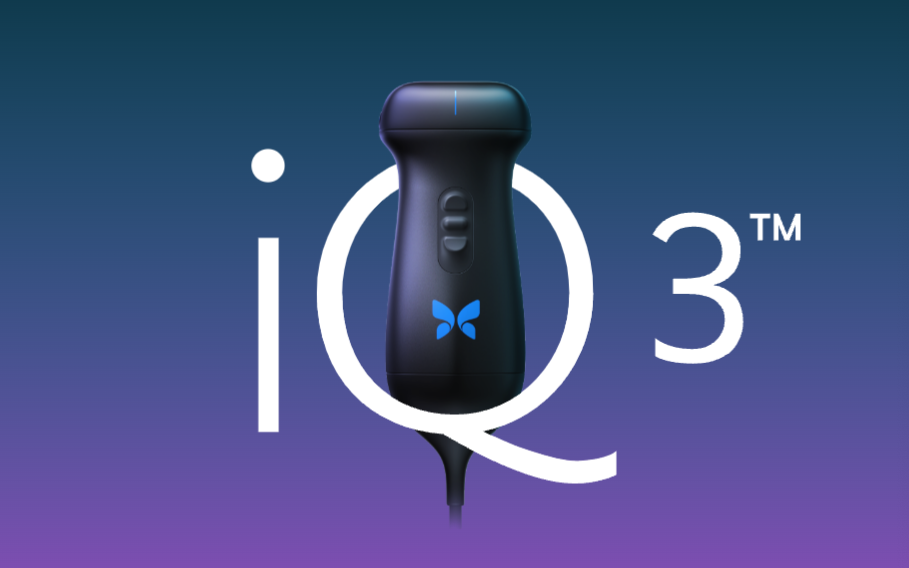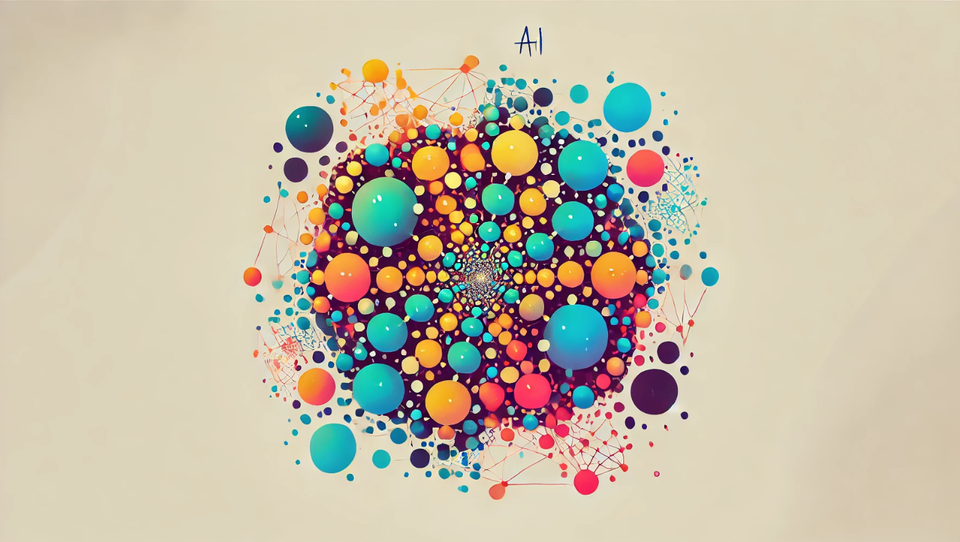Transforming Healthcare with AI: The Top 12 AI Companies Leading the Charge
Table of Content
Artificial Intelligence (AI) has been revolutionizing various sectors, with healthcare being one of the most significantly impacted. In Europe, numerous companies are leveraging AI to enhance diagnostics, treatment, and overall patient care.
This post explores ten prominent European companies at the forefront of this transformation, the benefits of AI in healthcare, and some remarkable success stories in medical radiology and simulation.

Benefits of AI in Healthcare
1. Improved Diagnostics
AI enhances the accuracy of diagnostic tools, leading to early detection and treatment of diseases. Companies like Quibim and Paige have shown how AI can transform radiology and pathology, providing detailed analyses that improve patient outcomes.
2. Personalized Medicine
AI helps tailor treatments to individual patients by analyzing vast amounts of data. This personalized approach ensures that patients receive the most effective treatments based on their unique health profiles.
3. Efficiency and Accessibility
AI-driven platforms like Babylon Health and Ada Health make healthcare more accessible, reducing the burden on traditional healthcare systems. They provide quick and accurate health assessments, ensuring timely medical intervention.
4. Cost Reduction
By automating routine tasks and improving diagnostic accuracy, AI reduces healthcare costs. It minimizes the need for unnecessary tests and procedures, optimizing resource use.
Rising AI companies in Healthcare
1. Babylon Health
Babylon Health, based in the UK, uses AI to provide telehealth services and diagnostics. Their AI-driven symptom checker and virtual consultation services make healthcare accessible and efficient. The company has successfully integrated AI to reduce the burden on healthcare systems, providing accurate initial diagnoses and treatment recommendations.
2. Ada Health
Germany's Ada Health offers an AI-powered health assessment platform. The platform helps users understand their symptoms and find appropriate care, acting as a digital health companion. Ada’s AI has been particularly effective in personalizing patient care and ensuring timely medical advice.
3. Infermedica
Infermedica, from Poland, specializes in AI solutions for preliminary diagnosis and patient triage. Their technology integrates with telemedicine platforms, improving the efficiency and accuracy of patient assessments.
Infermedica's tools have been widely adopted in Europe for enhancing clinical decision-making.
4. Quibim
Quibim, a Spanish company, focuses on medical imaging analysis using AI. They enhance radiology workflows and diagnostics by providing detailed image analysis, thus improving the accuracy of radiological interpretations. Quibim’s AI solutions have been pivotal in early disease detection and personalized treatment planning.
Quibim’s AI technology has significantly improved the early detection of diseases like cancer and neurological disorders. By providing detailed imaging analysis, Quibim aids radiologists in making precise diagnoses, which leads to better patient management and outcomes.
5. Corti
Corti, based in Denmark, uses AI to assist emergency medical dispatchers in identifying cardiac arrest cases from emergency calls. Their technology significantly reduces the time to diagnosis and improves the chances of survival by providing real-time assistance to dispatchers.
Corti’s AI system for emergency calls has revolutionized how cardiac arrests are identified and managed. The system’s real-time assistance has improved the response times of emergency dispatchers, increasing the survival rates of cardiac arrest patients.
6. SkinVision
SkinVision, a Dutch company, utilizes AI for the early detection of skin cancer. By analyzing skin lesions through a mobile app, SkinVision empowers users to monitor their skin health proactively.
The app has been instrumental in early cancer detection, potentially saving lives by enabling early intervention.
7. Paige
Paige, with operations in Europe, uses AI for pathology. Their technology assists in cancer diagnosis by analyzing pathology slides, providing pathologists with critical insights. Paige’s AI has demonstrated high accuracy, improving diagnostic confidence and patient outcomes.
8. Lunit
Lunit, a South Korean company with significant operations in Europe, uses AI to analyze medical images. Their AI solutions help detect diseases like cancer, making medical imaging more reliable and efficient. Lunit’s technology has been a game-changer in radiology, offering precise and early disease detection.
Lunit’s AI solutions have been adopted by numerous healthcare institutions in Europe. Their technology’s ability to detect lung diseases and breast cancer early has saved countless lives, proving the effectiveness of AI in medical imaging.
9. Owkin
Owkin, based in France, leverages AI and machine learning to accelerate medical research and drug discovery. By analyzing biomedical data, Owkin’s AI provides insights that drive innovative treatments and improve patient care. Their collaborative approach with various research institutions has yielded significant advancements in healthcare.
10. Huma
Huma, a UK-based company, uses AI to monitor and manage chronic diseases. Their remote patient monitoring and data analytics solutions enhance patient outcomes by providing continuous care and real-time health insights. Huma’s AI technology is vital in managing long-term health conditions effectively.
11. Butterfly Network

Butterfly Network, based in the USA, revolutionizes ultrasound technology with AI. Their handheld ultrasound devices provide real-time guidance and analysis, making ultrasound more accessible and user-friendly, particularly in remote and underserved areas.
12. PathAI
PathAI, headquartered in the USA, focuses on improving pathology diagnoses with AI. Their advanced tools assist pathologists in analyzing tissue samples, enhancing diagnostic precision for cancer and other critical conditions, contributing to better patient care and outcomes.
Conclusion
AI is undoubtedly transforming healthcare in Europe, with companies like Babylon Health, Ada Health, and others leading the way. The benefits of AI, from improved diagnostics and personalized medicine to cost reduction and enhanced efficiency, are evident in the success stories of these companies.
As AI continues to evolve, its integration into healthcare promises even greater advancements, making healthcare more accessible, accurate, and effective for everyone.











